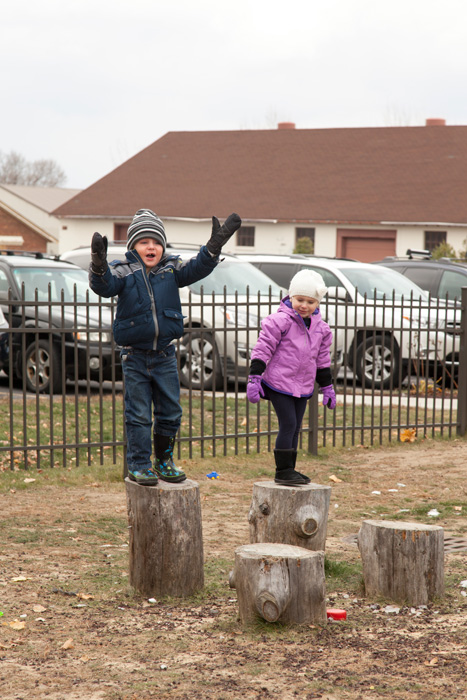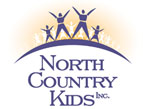Early Intervention

Anyone can make a referral to have a child evaluated. Referrals are made through the local Health Department. If you have concerns regarding your child’s development a referral for a core evaluation can be made. If your child is eligible for services, a Clinton, Essex or Franklin County service coordinator, and other team members, such as the evaluators, will work with you to develop a plan to help your child and your family.
To reach the Clinton County Health Department Early Intervention Program call (518) 565-4848.
In Essex County call (518) 873-3522.
In Franklin County call (518) 481-1709.
An Initial Service Coordinator will be assigned and provide your child with a screening or multidisciplinary evaluation. A minimum of 2 evaluators from different disciplines will evaluate your child to determine whether she is eligible for the Early Intervention Program.
The multidisciplinary evaluation will provide you with information regarding your child’s developmental strengths and needs as related your family’s resources, priorities and concerns. For more information visit the NYS Department of Health, Early Intervention website at:
http://www.health.ny.gov/community/infants_children/early_intervention/
The evaluators will assess your child in the 5 major developmental domains and will include information on your child’s health history, family history and/or developmental delays or disabilities. The 5 domains include:
Cognitive– How infants and toddlers interact with the world around them using all their senses. They learn to think and understand behavior and how it affects their environment. Problem-solving, memory, inferencing, trial-and-error exploration, imitation, as well as play and pre-academic skills are a few of the necessary skills within this domain that affect all other areas of development.
Communication– Language development follows a predictable pattern. You’ll find that a baby’s language develops from coos and grunts in the first 12 months, to first words around 10-12 months, to two word sentences around 18-24 month and, finally, to whole sentences around age 3. In the first 12 months, babies also communicate with you by crying, smiling, or using body gestures (like pointing to something). Communication and language development means learning how to use nonverbal as well as verbal (spoken) actions to express want, needs or ideas.
Adaptive– Self-help skills your child uses for daily living, including feeding, toileting, dressing and taking personal responsibility.
Social-Emotional– These skills allow children to engage in meaningful social interactions with their family and others in the environment. It entails social awareness, social competence and social relations.
Physical– This includes fine and gross motor development. Gross motor skills include how your child uses his arms, legs, and whole body. Skills such as, rolling, sitting, crawling, walking and running will be assessed, as well as balance, coordination, strength, muscle tone and range of motion. Fine motor skills involve the smaller muscles in the fingers, toes, eyes and other areas. Skills such as drawing, writing, pointing and grasping objects will be assessed.
Children up to five years of age and their families may be eligible if the child:
• Was born early
• Has a vision or hearing problem
• Has a disability or health condition
• Has been slow to sit up, crawl, or walk
• Has been slow to make sounds, use words, or talk
• Has behavior or attention difficulties
• Family is experiencing social or environmental stresses that are likely to affect development
If your child is found eligible the program is funded by the state and county with no cost to you. Your health insurance may be accessed for reimbursement of services provided. The Early Intervention Program only covers the cost of services. It does not pay for daycare or other fees charged by community settings.
If your child is found eligible for early intervention services a written plan called an Individualized Family Service Plan (IFSP) will be developed. The Initial Service Coordinator, Early Intervention Official, Evaluators, Family any others designated by the family will participate in developing the IFSP.
This plan consists of outcomes developed by the team based on the families resources, concerns and priorities. It will include the frequency, intensity, and duration of each service found appropriate to meet the outcomes.
Listed below is a link to compare your child’s development to children their own age. If you have concerns about your child’s development or if you think there could be a problem talk to your child’s pediatrician about making a referral to early intervention. Remember anyone can make a referral including your pediatrician, parent, daycare provider or relative.
http://www.cdc.gov/ncbddd/actearly/milestones/index.html

 North Country Kids, Inc.
North Country Kids, Inc.
 Fax 518-561-3805
Fax 518-561-3805